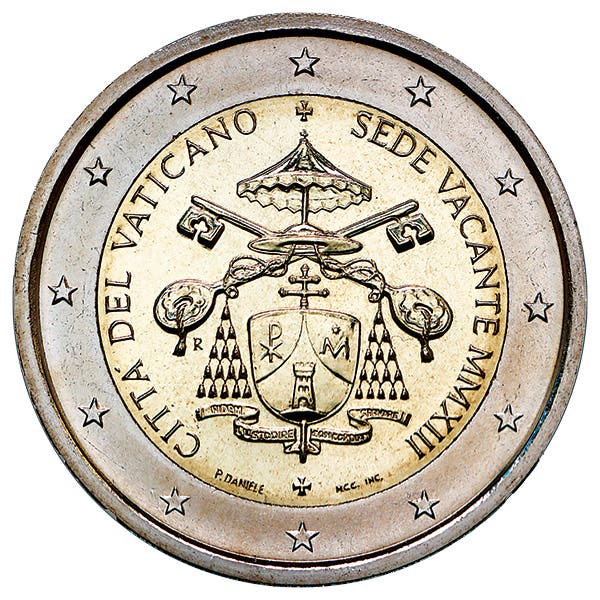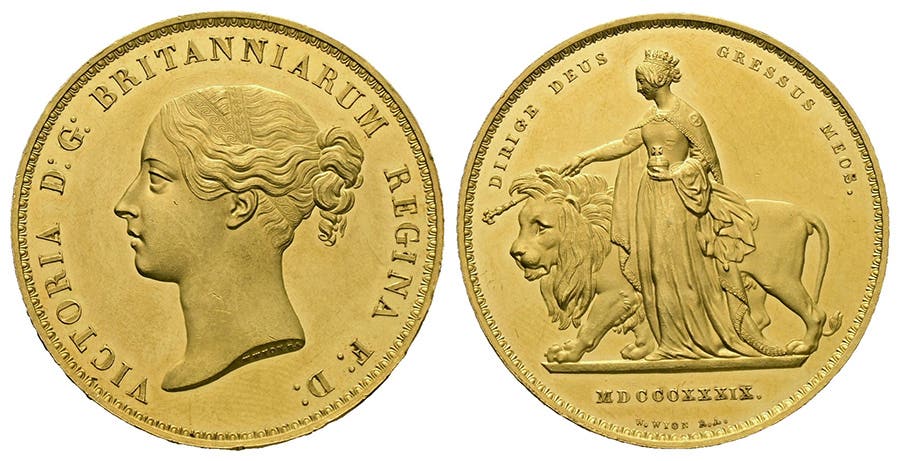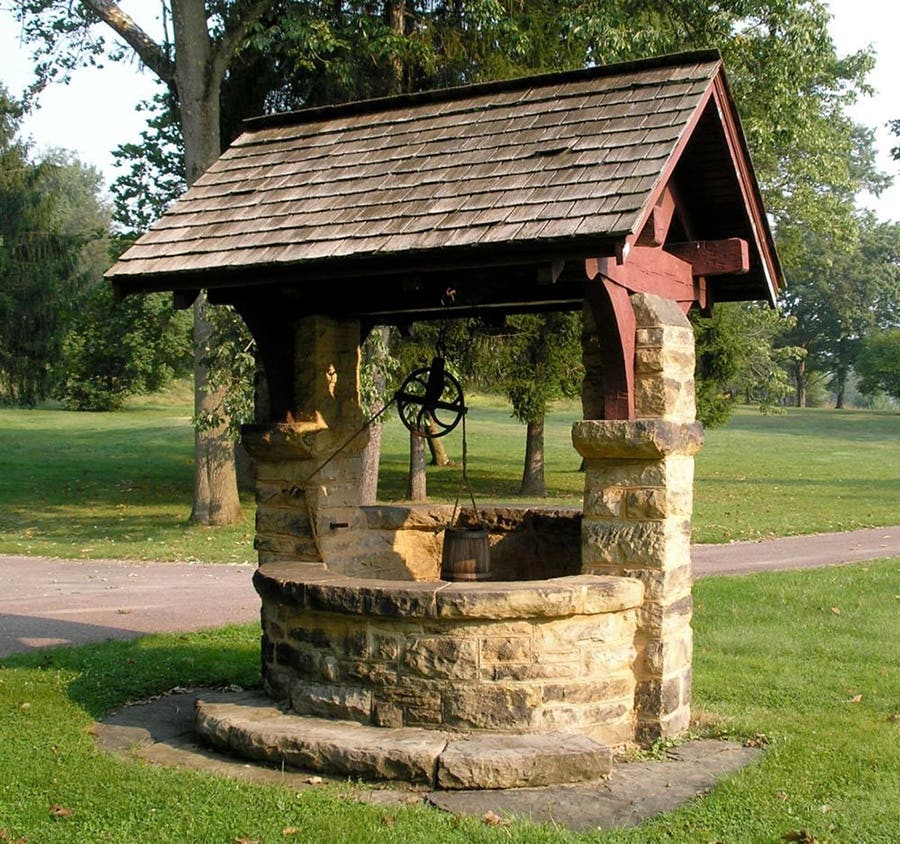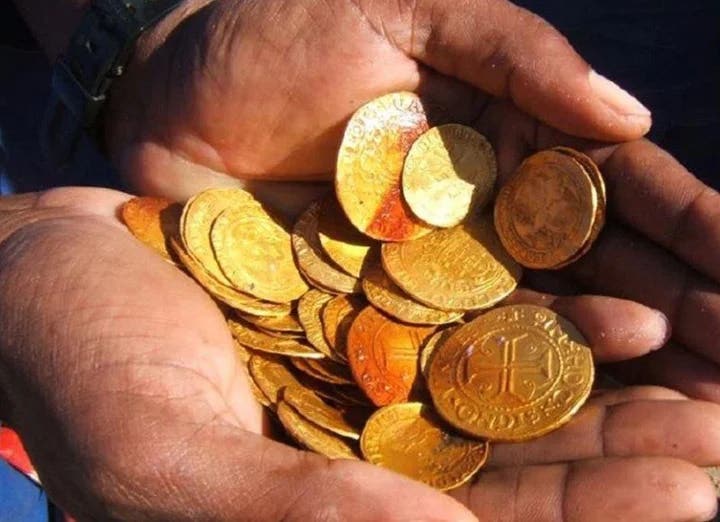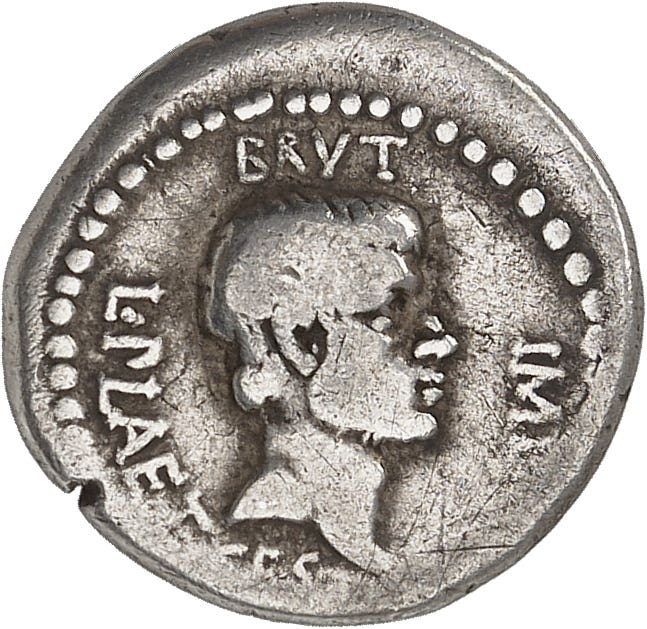When in France Don’t Do As The French Do
Britain’s Portable Antiquities Scheme is considered by most to be a success. Upon the discovery of treasure, including precious metal composition coins, the finder is required to report the discovery…
Britain’s Portable Antiquities Scheme is considered by most to be a success. Upon the discovery of treasure, including precious metal composition coins, the finder is required to report the discovery to local authorities. The finder is likely to either receive cash from the liquidation of the find or may even receive the find itself. The PAS helps archaeologists as well as treasure finders, since once a discovery has been announced to authorities the treasure can be studied in its original context before that treasure is disbursed.
Unfortunately, the rules aren’t the same everywhere. Even in Britain there have been cases where the finder purposely hid a find from authorities in an effort to gain an otherwise unearned profit. In other countries there may not be any benefit to alerting authorities to a discovery.
If you use a metal detector in France you should presume you are in a mine field, even if that field contains treasure rather than explosives. It is the mine field of rules governing treasure troves that need to be navigated. Finds in France are seldom declared due to legal ambiguities.
According to Article L542-1 of the Code du Patrimoine, metal detector users are required to get permission from the local préfecture (an administration belonging to the Ministry of the Interior) if you wish to use a detector to search for items that “can be of interest to the fields of prehistory, history, art, or archaeology.”
The problem you face is in how to prove your intention. Theoretically searching for treasure trove using a detector should be a casual leisure activity rather than something done with the intent of looking for ‘items of interest to prehistory’ and the like. This ambiguity is the reason treasure hunters in France seldom seek permission. It is rare to receive permission even when it is requested, this privilege almost exclusively being granted to people working in partnership with professional archaeologists.
Should you declare treasure trove or ‘un trésor’ you found unexpectedly on someone else’s property the finder of that treasure should be able to split the find with the land owner under French law. If you used a metal detector the French determine the find wasn’t unexpected and the property owner gets to keep everything.
In certain areas all searches are banned by decree of the prefect or mayor due to there being known archaeologically sensitive sites or dangers such as unexploded bombs from World War II.
One individual recently thought he found a way around the code. On December 16 it was announced French customs officials arrested an unnamed French national residing in Belgium when they seized what they termed a “priceless” group of 27,400 archaeological artifacts including 14,154 ancient Roman coins. The man claimed he found half of the items in an orchard he recently purchased. He has been accused of acting out of personal interest and for trading purposes.
Marleen Martens is an archaeologist at the Flanders heritage agency in Belgium. According to Martens, “He opened the car boot and showed me two enormous plastic buckets filled to the brim. I had never seen so many coins.”
Martens said it was impossible for silver coins of Marcus Antony, a ‘Roman dodecahedron’ (more likely a Greek city-state dodecadrachm), Bronze and Iron Age artifacts, statues and other objects from the Middle Ages and the Renaissance to all be found in the same context.
Within the collection are thousands of silver ancient Roman coins, Roman bracelets, brooches, and torques dating from both the Bronze Age and the Iron Age.
It has since been confirmed the coins originated from the looting of various sites in France, primarily in the eastern region of Grand Est. French Finance Minister Bruno Le Maire said the seizure is “a clear message to those who – for the profit and the selfish pleasure of a few – deprive us of our shared heritage and erase entire sections of our history.”




